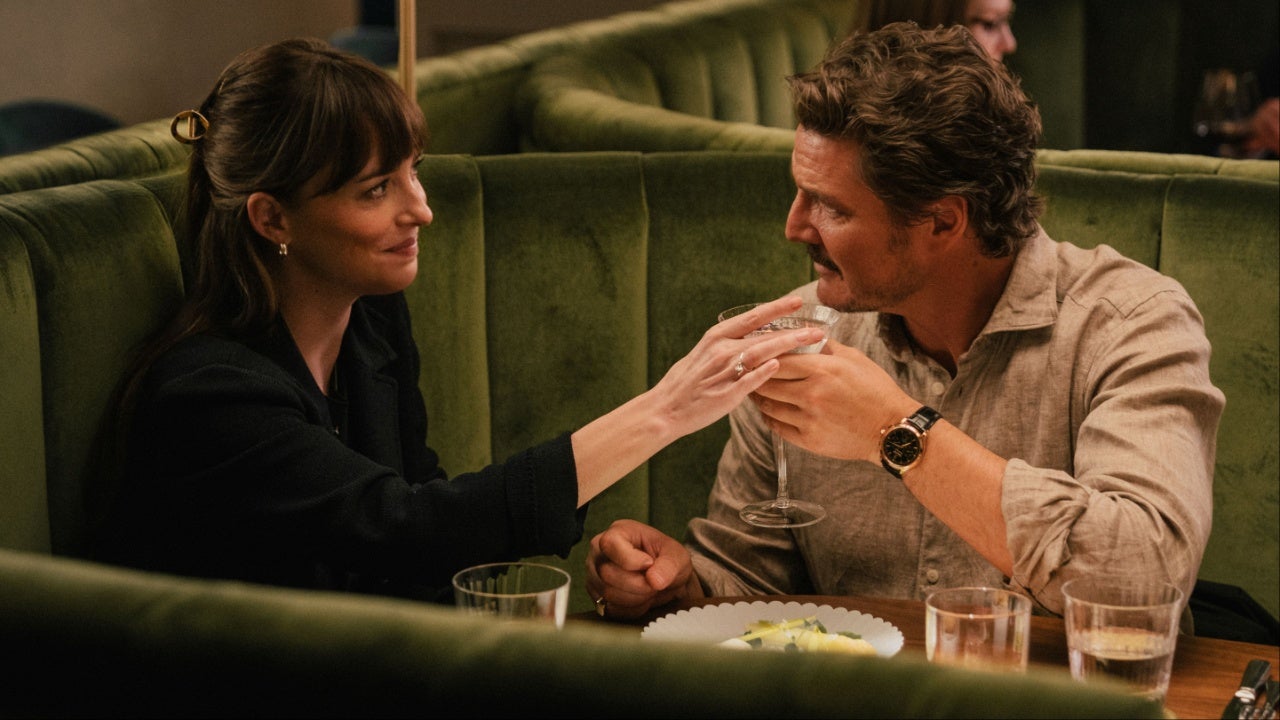Introduction: A Deceptively Light Romantic Comedy
Materialists hits theaters on Friday, June 13, promising more than your average rom-com. Directed by Celine Song, whose previous film Past Lives was a critical favorite and nominee for Best Picture, this new work cleverly disguises its deeper themes beneath a surface of charming, quirky storytelling. At first glance, it appears to be a playful exploration of love and dating among professionals in their 30s and 40s—an age where romance often becomes transactional and complex.
Unmasking Familiar Tropes with a Dark Twist
On the surface, the film resembles a typical romantic comedy: a confident, single woman navigates unexpected challenges to her love life. However, Song subverts these expectations by infusing her characters with profound vulnerabilities and cynical worldviews. Dakota Johnson, Chris Evans, and Pedro Pascal portray individuals who wrestle with loneliness, self-loathing, and societal pressures—characters that feel more real and raw than the usual Hollywood stereotypes. Their interactions are jagged, sometimes uncomfortable, but ultimately heartfelt, revealing the tumultuous journey from emotional distance to genuine connection.
The Film’s Opening: A Poetic Contrast
The story begins with an unexpectedly tender scene of prehistoric humans sharing a daisy-made engagement ring, hinting at the film’s poetic underpinnings. This idyllic image starkly contrasts with the modern Manhattan setting, where matchmaker Lucy Macarro (played by Johnson) operates in a world of materialism. Her office is filled with glitzy business cards, and she treats dating as a transactional game—each client a data point, each date a calculated investment.
Meet the Characters: Data Points and Personalities
At her workplace, Lucy and her colleagues discuss their clients with clinical detachment—using names like “Charlotte B” or “Peter C” to anonymize their efforts. Lucy sees romance as a series of exchanges that boost personal value and security, akin to managing an investment portfolio. This approach is vividly illustrated during her attendance at a wedding she arranged, where her polished exterior is challenged by her interactions with the groom’s brother, Harry (Pedro Pascal), and her ex-boyfriend John (Chris Evans), a struggling actor.
The Love Triangle: A Deep Dive into Character Dynamics
The film’s core revolves around this unconventional love triangle, brought to life through compelling performances. Johnson’s portrayal of Lucy’s guarded, icy demeanor reveals cracks of vulnerability and selfishness. Flashbacks to her past relationship with John—an ambitious but impoverished couple striving for Broadway—expose superficial reasons behind their breakup, hinting at her desire for a more luxurious lifestyle. Evans embodies John’s exhaustion and disillusionment, adding weight to his romantic declarations that threaten to dissolve into cliché.
Harry: Mystery and Materialism
Pedro Pascal’s Harry is a reserved, enigmatic figure whose charm lies in his shared materialistic outlook with Lucy. Their chemistry is palpable, especially in scenes where they indulge in lavish dates and intimate moments in his Tribeca penthouse—spaces that symbolize success and comfort. Johnson’s fascination with the luxurious lifestyle is palpable, and the film never criticizes her for craving more—highlighting Hollywood’s romanticization of wealth and opulence.
Choosing Between Two Worlds
As the story unfolds, Lucy faces a profound dilemma: whether to continue her life of opulence with Harry or return to the messy, authentic connection she once had with John. The question shifts from superficial compatibility to deeper understanding—who truly knows her, and who is willing to see her beyond the transactional veneer? The narrative explores whether material success can fill the emotional void or if genuine intimacy requires vulnerability.
The Cinematic Contrast: Love in Different Lights
Director Celine Song masterfully captures the contrasting worlds of her characters. Scenes with Harry are polished, intimate, and suffused with soft lighting, reminiscent of a high-end perfume commercial, accompanied by a delicate musical score. In contrast, moments with John are more raw and unpredictable, shot with a handheld camera that emphasizes the gritty atmosphere of New York City. These visual and auditory choices mirror the characters’ emotional landscapes and the different types of love they represent.
Subplots and Deeper Themes
The film also explores the friendship between Lucy and Sophie (Zoë Winters), whose own struggles with transactional relationships and blind dates reflect the darker side of the dating industry. Winters delivers a powerful performance, adding emotional depth to the narrative. Their scenes serve as a mirror to Lucy’s own career and her algorithmic approach to human connections, highlighting the film’s critique of modern dating’s superficiality.
The Heart of Materialists: A Reflection on Modern Love
Materialists is a film caught between cynicism and hope. It openly examines the desperation of seeking love in a world dominated by numbers, appearances, and societal expectations. Yet, behind the glossy veneer lies the potential for authentic connection and self-discovery. Lucy’s journey prompts viewers to consider what they truly value in love and whether material wealth can substitute for genuine intimacy.
Challenging the Romantic Norms
Throughout the film, Song challenges traditional romantic comedy tropes by confronting her protagonist with difficult questions about her self-worth and the ripple effects of her choices. The story is as jagged as it is soothing—moments of beauty and tenderness are interwoven with scenes of discomfort and honesty, creating a deeply emotional experience that lingers long after the credits roll.












